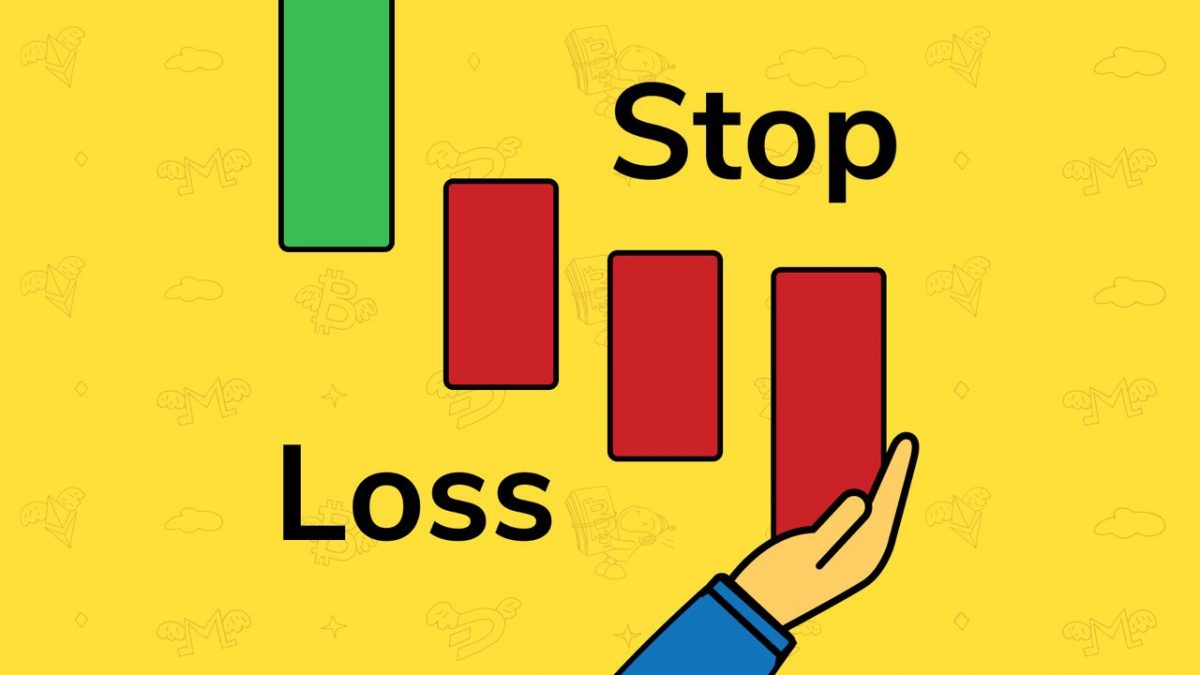A trading plan is a roadmap for traders that helps them stay on track when investing in different instruments in financial markets, such as stocks, or options. It outlines the goals, strategies, and risk management procedures to be followed to achieve profitable results in trading. The success of any trading plan depends not only on the analytical skills and technical tools used by a trader but also on the mindset that shapes their perspective and behavior towards the market.
Mindset refers to a set of beliefs, attitudes, and behaviors that influence how traders perceive the world, interact with the market, and respond to different events and emotions. A trader’s mindset can either enhance or hinder their potential for success in trading. A positive mindset characterized by discipline, patience, resilience, and openness to learning can help traders stay focused, motivated, and adaptable to changes in the market conditions. On the other hand, a negative mindset that is characterized by fear, greed, self-doubt, or impulsiveness can lead to impulsive, biased, or erratic trading decisions that can result in losses.
Therefore, mindset is a crucial factor in developing a trading plan that is effective and sustainable. A trader’s mindset can shape the way they set goals, evaluate risks, and implement strategies in their trading plan. For instance, a trader with a growth mindset believes that they can acquire the skills and knowledge they need to succeed in trading through continuous learning and practice. This mindset can encourage them to set realistic goals, identify areas for improvement, and seek feedback from mentors or peers to enhance their performance.
In contrast, a trader with a fixed mindset may believe that their trading abilities are predetermined or limited by external factors, such as luck or market conditions. This mindset can lead to overconfidence or reluctance to take risks, or frustration when results do not match expectations. Therefore, a growth mindset is more suitable for traders who want to develop a comprehensive, flexible, and adaptive trading plan that can guide them through various market scenarios and challenges.
Moreover, mindset plays a significant role in managing psychological and emotional factors that can affect a trader’s decision-making process. A trading plan that factors in emotional intelligence, such as self-awareness, self-regulation, motivation, empathy, and social skills, can help traders stay calm, balanced, and objective in the face of uncertainty, stress, or boredom. For instance, a trader who faces a losing streak may use self-regulation techniques, such as taking breaks, journaling, or meditating, to avoid getting carried away by emotions and making impulsive decisions that can compound losses.
In conclusion, mindset is an essential ingredient in writing a trading plan that can guide traders towards profitable and sustainable outcomes in financial markets. A trader’s mindset shapes their perception, behavior, and performance in trading, affecting their decision-making process, risk management skills, and emotional resilience. Therefore, traders who prioritize developing a growth mindset that is consistent with their trading goals, values, and strengths are more likely to achieve long-term success in trading.
If you need help with your trading, whether is be trading plan development, sharpening technical analysis skills, patience, discipline or mindset consider joining my group “Coaching With Cliff” here at Live Traders. Why struggle on your own when you can work with 70+ like minded traders?
More information about the group can be found at the following link: https://livetraders.com/groups/detail/2b144965-1248-4117-a8e0-be3f70c5725d




